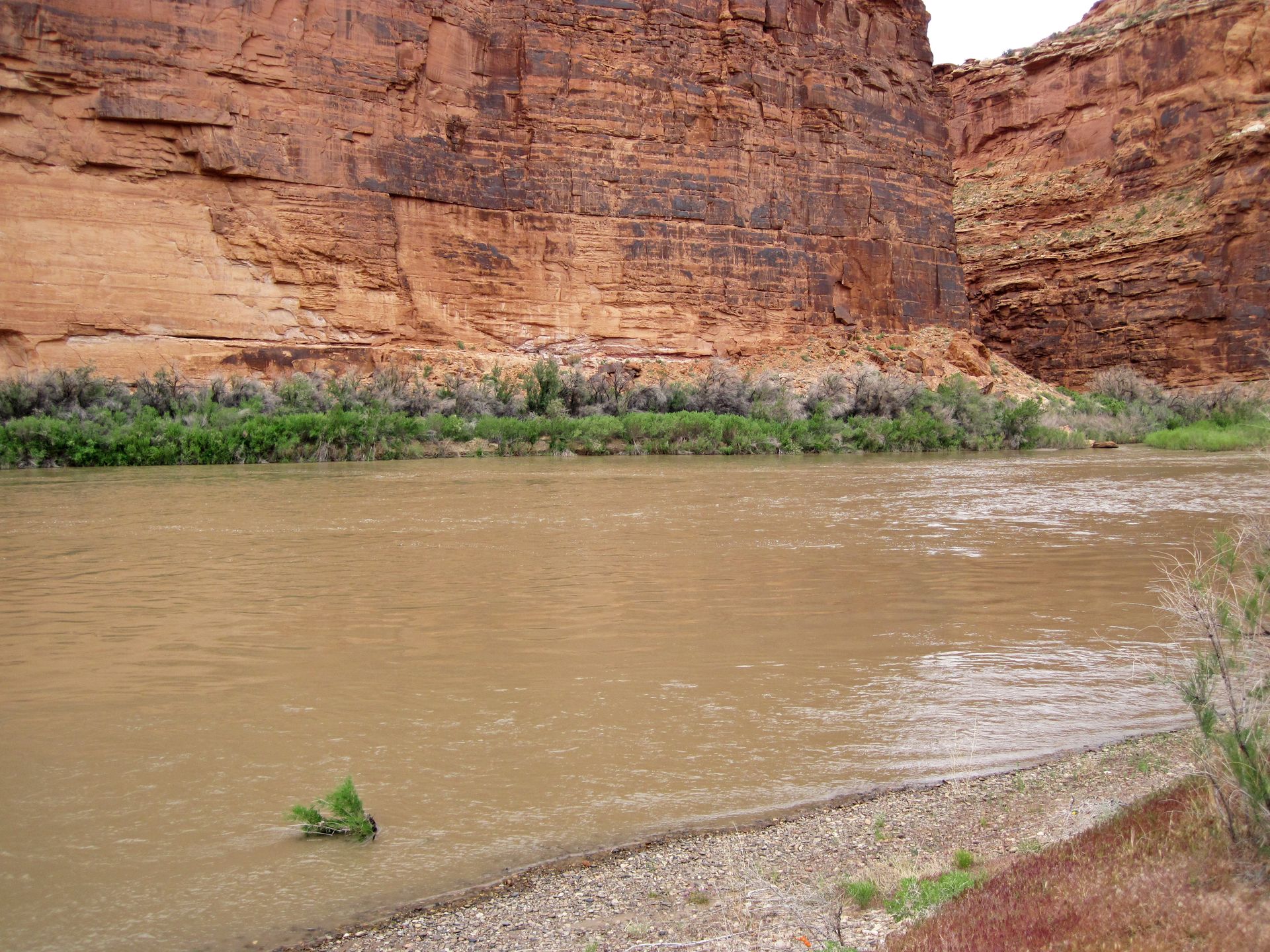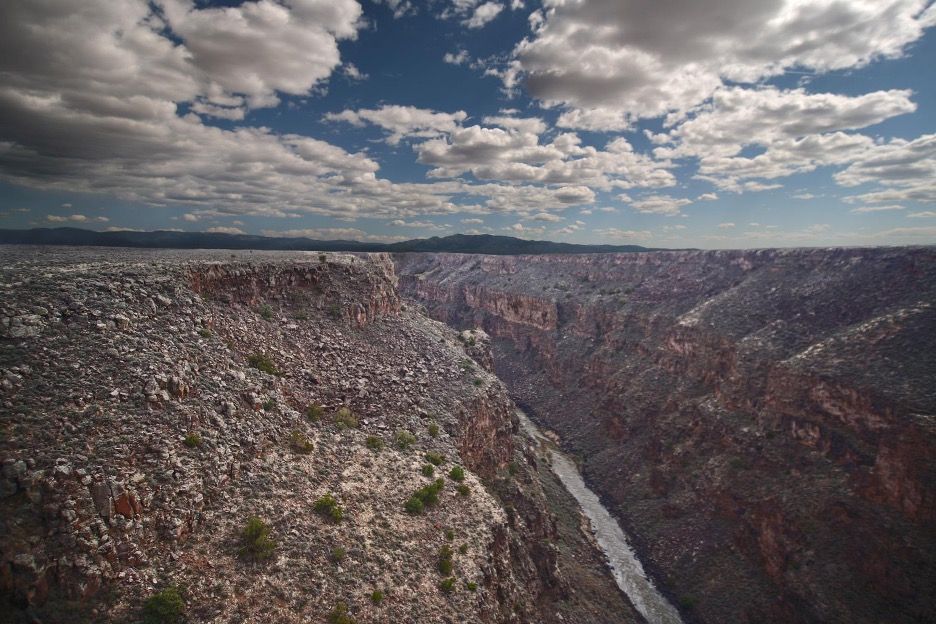A (Limited) Win for the Environment and Those of Us Living in It
In March 2020, sixteen Montana youth (the “Youth Plaintiffs”) ranging from two to eighteen years old filed a complaint alleging the State’s energy system, powered by fossil fuel, caused and contributed to climate change, violating their constitutional right to a healthy environment. Over three and a half years later, Kathy Seely, District Court Judge for the First Judicial District Court of Lewis and Clark County, found in favor of the Youth Plaintiffs, holding that “[Youth] Plaintiffs have a fundamental constitutional right to a clean and healthful environment, which includes climate as part of the environmental life-support system.” This ruling is no doubt a victory for the Youth Plaintiffs. However, Judge Seely’s use of the phrase “fundamental constitutional right” is a reminder of the necessary condition precedent to bring such a suit in the first place: a constitutional provision entitling citizens to a healthy environment.
Judge Seely’s order focused on the impact of the Montana Environmental Policy Act (“the MEPA Limitation”). The MEPA Limitation prohibited Montana and any of its agents from considering greenhouse gas (GHG) emission impacts or climate change in their environmental reviews, as well as actions the State took, in the aggregate, implementing or perpetuating a state energy system based on fossil-fuels. The MEPA Limitation also prohibited the consideration of environmental impacts beyond Montana’s immediate borders, such as the impact of certain State actions on the overall climate of the United States and beyond.
However, as the testimony of multiple experts during the trial highlighted, GHG emissions not only negatively impact resources such as water and air quality within Montana, but contribute to the overall warming of the planet which, in turn, negatively impacts the environment of Montana itself. If Montana regulators could not consider GHG emission impacts or climate change in their environmental reviews, it was impossible for Montana to know the true environmental impact of approving each drilling permit, or any other permit dealing with fossil fuels.
Expert testimony also highlighted that the MEPA Limitation made it nearly impossible to fully explore renewable energy alternatives, as it forces Montana and its agents to ignore not only the impacts of GHG emissions and climate change, but the presence of any available alternative. Expert witnesses pointed out that a roadmap for a transition from Montana’s fossil-fuel-based system to one based on renewable energy already exists, a project with the added bonus of creating jobs and saving climate change associated costs. However, as long as the MEPA Limitation remains in place, a truly comprehensive review of energy alternatives available in Montana is blocked.
Judge Seely ultimately found the MEPA Limitation unconstitutional, and enjoined its enaction, because the entities responsible for issuing permits and monitoring environmental pollution violated the Youth Plaintiffs constitutional right to a clean and healthy environment.
The Held ruling is limited in scope, as it is based on Montana’s state constitution. Montana’s state constitution not only grants “all persons…the right to a clean and healthful environment,” but also requires “[t]he state and each person…[to] maintain and improve a clean and healthful environment in Montana for present and future generations.” These constitutional provisions are not universal across the United States. Only a handful of other states, including Illinois, Pennsylvania, New York, Massachusetts, and Hawai’i, have enacted similar constitutional provisions. Citizens in other states, such as Colorado, cannot allege a state constitutional violation of their right to a clean and healthy environment because no such provision exists within their state constitution. In other words, the Held ruling is not a “turning of the tides” or huge win for the environmental rights of all citizens across the nation because it only applies to the few states with environmental protections enshrined in their constitutions.
The true value of the Held ruling, in addition to the protections provided to the Youth Plaintiffs and their fellow Montanans, is its inspiration for citizens in other states with a constitutionally protected right to a clean environment to exercise that right. New Yorkers have already filed at least seven lawsuits, and a similar lawsuit is set for trial in Hawai’i. Environmental litigation, especially cases involving climate change, often result in mixed or negative rulings. However, Held provides a roadmap for citizens and advocacy groups in states with a constitutionally-protected right to a healthy environment, especially in cases where GHG emissions and limitations on the state’s environmental review process are in question.
The Held ruling may spur more litigation, and may also draw attention to these constitutional provisions, which citizens have generally been unaware of, inspiring states lacking such provisions to push for constitutional amendments granting their citizens these same rights. At least fifteen states are already considering adding similar provisions to their own constitutions, and the wording considered especially persuasive by Judge Seely may appear more frequently in proposed provisions, whereas wording deemed inadequate or unsupportive may be altered to better fit the goals of citizens who desire a healthy environment, likely strengthening these provisions in the event of future cases similar to Held. Judge Seely’s ruling will not bind or otherwise dictate the wording of provisions in other states, but it may be influential. Other citizens, advocacy groups, and states now have the benefit of learning where to look for potential holes in protection and what provisions could benefit from extra support or different wording.
The next step for Held is an appeal to the Montana state Supreme Court. Emily Flower, a spokesperson for the Montana Attorney General, called the ruling “absurd” and stated that since the theory used in Held–that citizens have a right to a clean and safe environment–has been thrown out in federal court and other state courts, it should have been thrown out in this case as well. However, Flower did not acknowledge that the U.S. Constitution and most state constitutions lack the environmental protections enshrined within Montana’s state constitution. The timing of the appeal is currently unknown but given the time it took for the Held ruling to be announced (over three and a half years), the final outcome of Held will likely remain unknown for quite some time.
The full impact of the Held decision is yet to be seen and will depend in part on the Montana Supreme Court’s decision. Although the ruling may be narrow in its applicability and protection, especially for those outside the state of Montana, it could lead other states to add similar provisions to their constitutions. The Held decision may also inspire citizens in states whose constitutions already protect the right to a healthy environment to exercise their constitutional rights. Pollution and climate change do not recognize state borders, and reduction of GHG emissions in Montana positively impacts the rest of the United States.
SOURCES
- Haw. Const. art. 11, § 9.
- Held v. State, No. CDV-2020-307 (D. Mont. Aug. 14, 2023) (order granting permanent injunctions).
- Ill. Const. art. 9.
- Jennifer Hijazi, Montana Youth Win Historic Case on Harm From Climate Change (3), Bloomberg Law (last updated Aug. 14, 2023, 4:23 PM), https://news.bloomberglaw.com/environment-and-energy/montana-youth-climate-plaintiffs-get-historic-win-in-state-case.
- Kate Selig, Judge Rules in Favor of Montana Youths in Landmark Climate Decision, The Washington Post (last updated Aug. 14, 2023, 6:13 PM), https://www.washingtonpost.com/climate-environment/2023/08/14/youths-win-montana-climate-trial/.
- Mass. Const. art 97.
- Mont. Const. art. 2, § 3.
- Mont. Const. art. 9, § 1.
- Nathan Rott, Judge Rules in Favor of Young Activists in Montana Climate Change Trial, NPR (Aug. 14, 2023, 6:21 PM), https://www.npr.org/2023/08/14/1193782347/judge-rules-in-favor-of-young-activists-in-montana-climate-change-trial.
- N.Y. Const. art. 1, § 19.
- Pa. Const. art. 1, § 27.
- Samantha Maldonado, What the Landmark Climate Ruling in Montana Means for New York, The City: Reporting to New Yorkers (Aug. 15, 7:04 PM), https://www.thecity.nyc/2023/08/15/what-montana-climate-ruling-means-for-new-york/.



